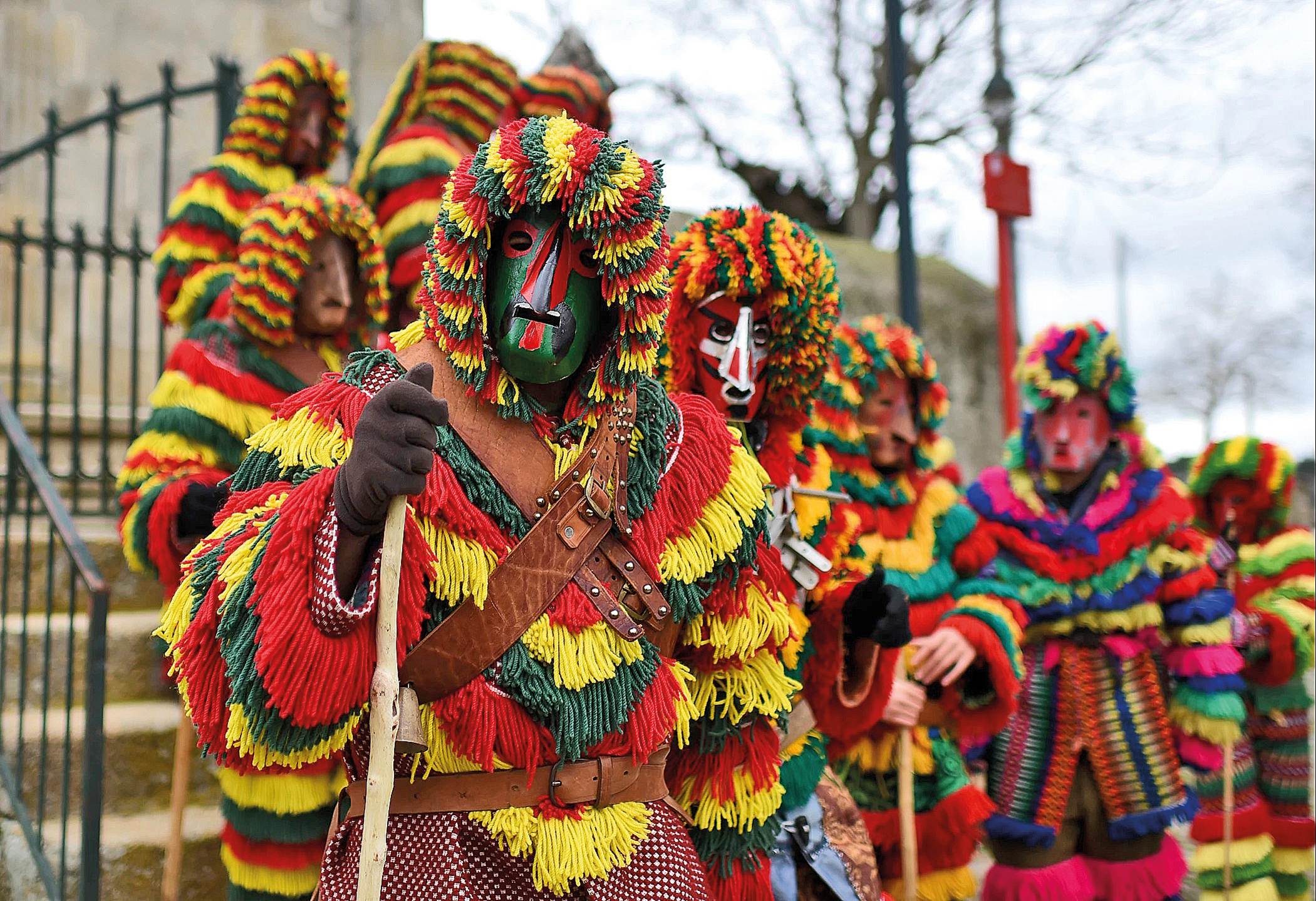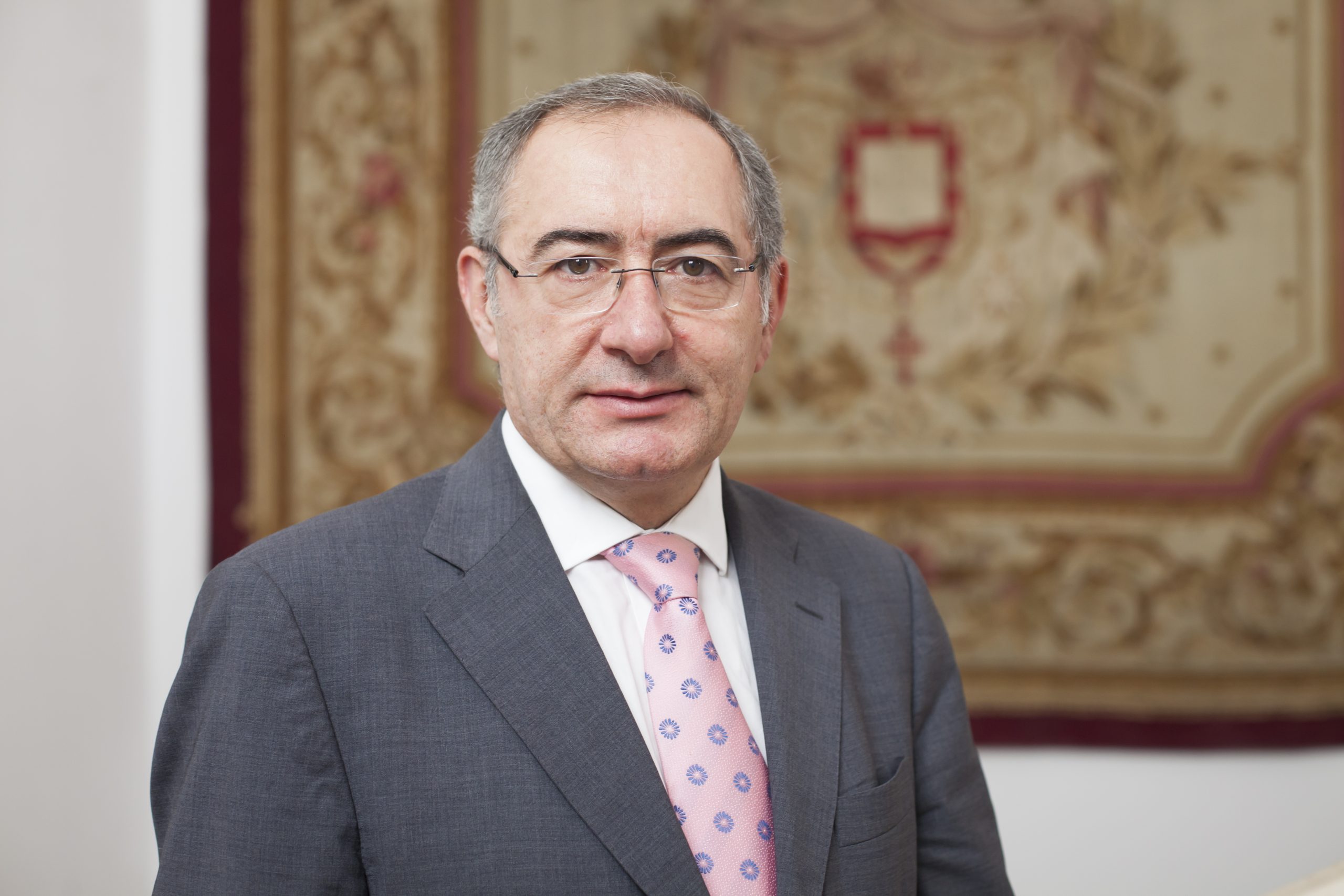Carnival in Portugal. Where to celebrate?

For many, carnival is synonymous with fun. And although we cannot compare the dimension of national celebrations with those that take place, for example, in Brazil, all over the country, it is possible to take advantage of this period that mixes various cultural and traditional expressions. In fact, there are several localities known for their passion and dedication to Carnival. Torres Vedras, Loulé, Macedo de Knights, Ovar, Sesimbra and Madeira are some of them.
It is known that the celebration arrived in Portugal in 1252, thanks to a document signed by King Alfonso III. Initially, as referred to in the previous pages (14-15), it was known as Entrudo, which means « input ». At the time, he referred to the celebrations of the religious calendar. The population took to the streets to throw water and eggs with each other. In addition, there was already the tradition of processions in floats, costume parades and masquerade balls. Currently, it is still part of the Lusitanian cultural identity, although it has changed a lot. Today, they have prepared floats, rehearse in samba schools, prepare disguises, posters and songs with political and social satire. After all… «It's Carnival! No one takes evil!
Carnival of Torres Vedras
One of the best known in the country is that of Torres Vedras. According to the official website of the celebration in this region, the first reference known in the area dates back to 1574. This is a complaint made by Jerónimo de Miranda, resident in the then village of Torres Vedras, against young people who « ran the Rooster » on the day of Entrudo, as a witness a document from the Chancellery of D. Sebastião. This is classified as national immaterial cultural heritage since 2022 and is commonly considered as « the most Portuguese carnival in Portugal ». It is known for the huge set of social, performative and ritual manifestations, floats of floats, the symbolic presence of the king and queen of carnival and the typical figures such as the 'matrafonas' and 'heads'. This year, with the theme «50 years, April 25», the Carnival of Torres Vedras is already returning to the streets and lasts until March 5.
The Carets of Macedo de Knights
This is, for many, « the most genuine carnival of Portugal », also classified as UNESCO's immaterial cultural heritage of humanity. This year, it takes place from 1 to 4 March. « The Carnival of Podence, also known as Entrudo Chocalheiro, is a social practice related to late winter and early spring, » explains the organization's page. «Between Sunday-Gordo and Carnival Tuesday, in the small transmontana village of Podence, in the municipality of Macedo de Cavaleiros, they go out the streets, in jumps and running, the faces, masked characters filled with colored wool fringes, can or leather masks and spine around the waist», details. It is recalled that the Caretal of Podence is known for its performance behavior, « the shocks » of which women are the main target, a symbolic act that refers to a remote origin and a possible connection to ancient agrarian and fertility rituals.
The hottest and older carnival in Portugal
Because it is in the Algarve, in Loulé, it is considered « the hottest carnival in the country » and what can be similar to that of Brazil. In addition, celebrated since 1906, it is the oldest carnival Corso in Portugal. At that time, a civil society movement emerged that, dissatisfied with the previous festivities, wanted a more civilized, clean and inclusive carnival. That is, a party in which everyone could participate without fear. Then, in order to change the way of celebrating, a promotional campaign was born, to which the newspaper Folha de Loulé contributed. There, the idea that was very well received by the community was explained to the people. This year, the theme of Carnival was « Peace, Love and affection ». The celebration is characterized by its large floats with giant figures to criticize today's society. This year, will take place from March 2-4, at Avenida José da Costa Mealha, under the motto « Carnival is not a drought … », addressing the challenges of water shortage in the Algarve.
Vitamin of joy
According to the official page of the Union of Parishes of Ovar, also known as Vitamin da Alegria, Ovar « discovered » Carnival in 1952, the year in which the 1st procession was held, on Sunday Fat, on February 24. However, the beginning of carnival traditions seem to date from the nineteenth century, when the first mentions appear in 1887, in a local newspaper that reported the decline of the festivities. Currently the Carnival of Ovar is known to always tell a little of its history and the history of Portugal, for being entirely made up of volunteers in the municipality and to choose, contrary to other carnival celebrations – in which public figures are invited – common citizens to be the king and queen of parties.
It is also worth mentioning the Carnival of Sesimbra where an ancient tradition is celebrated – the blind – which consist of groups of men who sing some of the most striking events of today. It will start on February 27, marking the beginning of six days full of creativity, music, dance and humor.
And the carnival of Madeira that extends for two weeks – between February 26 and March 9. It is recalled that in Funchal, it is tradition to have two great processions: the allegorical and the bumbling, which lead floods to Avenida do Mar.





